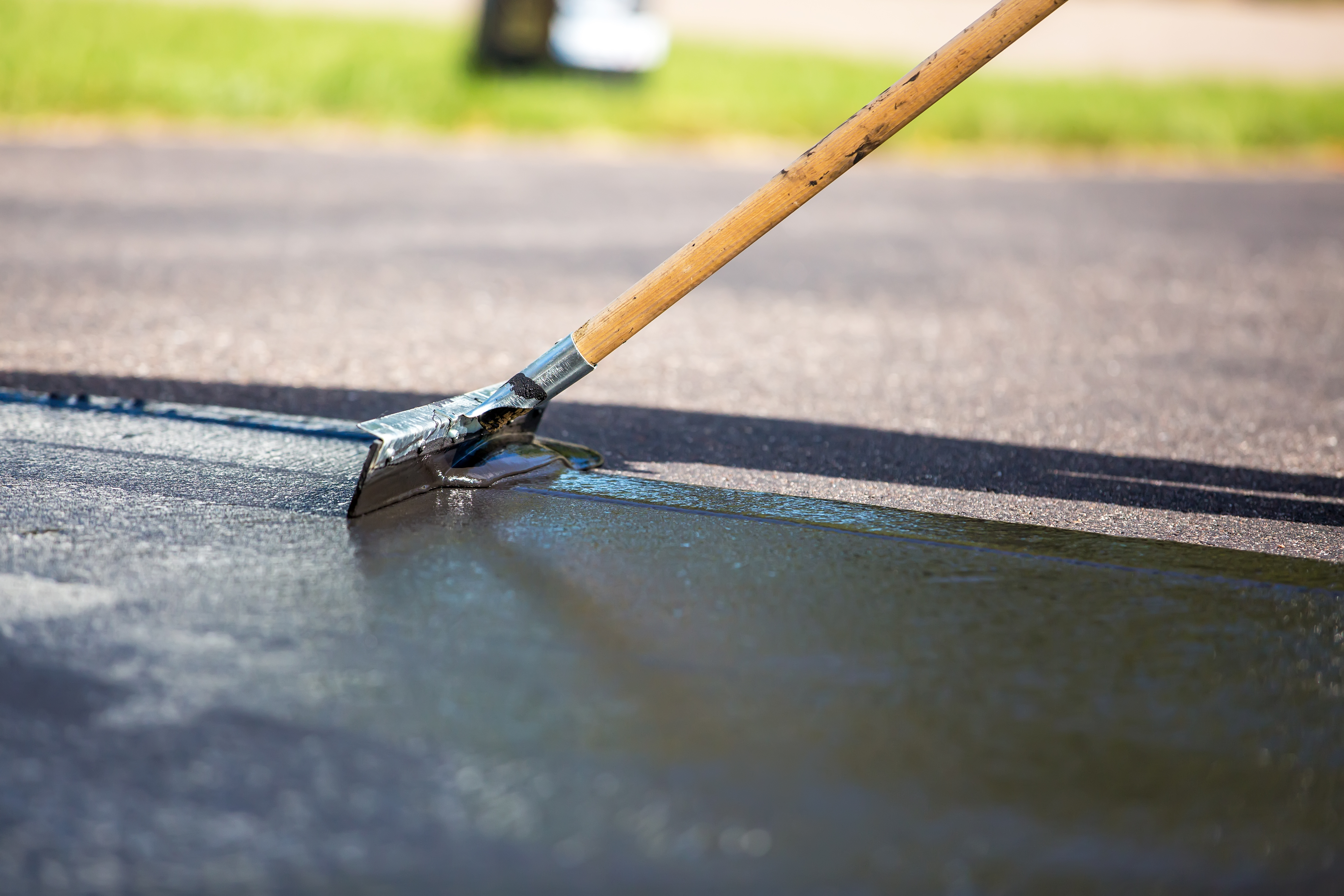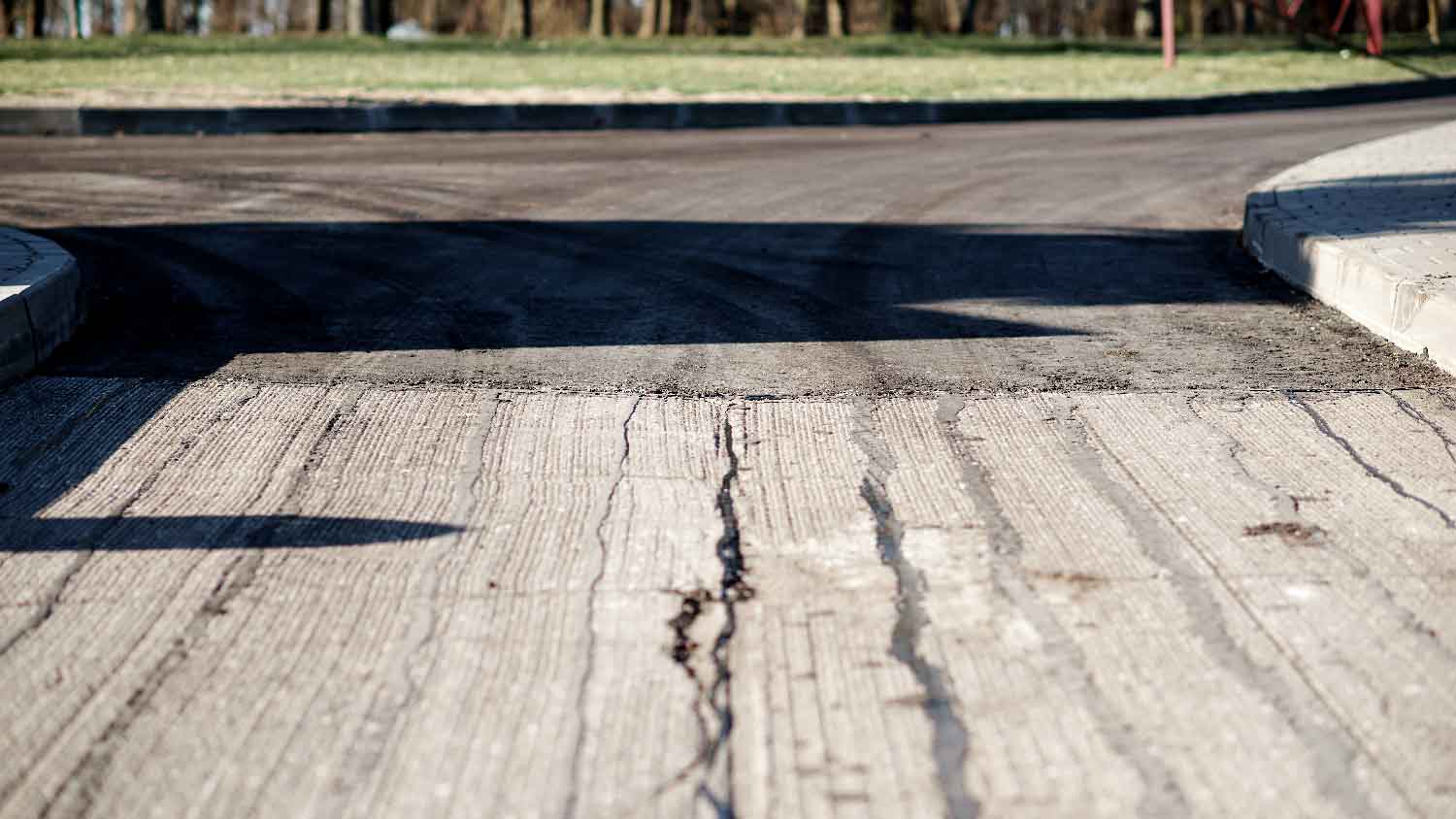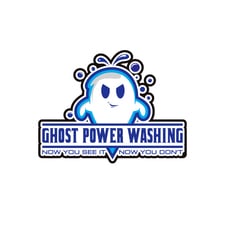
Get matched with top driveway sealcoating pros in your area
Enter your ZIP and get matched with up to 5 pros
Need a pro for your driveway sealcoating project in Bigelow, ar?
TRUSTED BY BIGELOW, ar HOMEOWNERS
4.4
Average homeowner rating284
Verified driveway sealcoating reviews
Verified Reviews for Driveway Sealcoating pros in ,
*The Angi rating for Driveway Sealcoating companies in , is a rating based on verified reviews from our community of homeowners who have used these pros to meet their Driveway Sealcoating needs.
*The HomeAdvisor rating for Driveway Sealcoating companies in , is a rating based on verified reviews from our community of homeowners who have used these pros to meet their Driveway Sealcoating needs.
Last update on November 08, 2025
Find Driveway sealcoating pros in Bigelow
No results for Driveway sealcoating pro in
Try adjusting your search criteria.The Bigelow, ar homeowners’ guide to driveway sealcoating
From average costs to expert advice, get all the answers you need to get your job done.

Use our guide to calculate the cost to seal an asphalt driveway. Prices vary based on the type of sealant and the size of the driveway.

The cost of a tar and chip driveway falls between gravel and asphalt. Is this unique process the happy medium you've been looking for? Let's take a look.

The average cost to pave a driveway is $4,897, but prices vary by size and material. This guide breaks down common cost factors and helps you budget.

You should not fill potholes in your driveway with mulch. Repair potholes with proper base material and then reseal.

This guide gives you an idea of the average cost of asphalt millings for projects of different sizes.

A crack in your driveway seems minor, but it can bust the door open on serious problems. Find out what’s causing your driveway to crack and how you can fix it.
- Tree Removal in Bigelow
- Window Cleaning in Bigelow
- Furniture Assembly in Bigelow
- Tree Trimming in Bigelow
- Snow Removal in Bigelow
- Vehicle Shipment in Bigelow
- Maid Service in Bigelow
- House Cleaning in Bigelow
- Lawn Mower Repair in Bigelow
- Gutter Repair in Bigelow
- Trampoline Assembly in Bigelow
- Appliance Removal in Bigelow
- Sink Installation in Bigelow
- Faucet Installation in Bigelow
- Cabinet Painting in Bigelow
- Plumbing in Bigelow
- Hvac Repairs in Bigelow
- Air Conditioning Repair in Bigelow
- Electrical in Bigelow
- Handyman Service in Bigelow
- Landscaping in Bigelow
- Furnace Repair in Bigelow
- Roofing in Bigelow
- Locksmiths in Bigelow
- Emergency Plumbers in Bigelow
- Hvac in Bigelow
- Lawn Care in Bigelow
- Moving Companies in Bigelow
- Septic Tank Repair in Bigelow
- Air Duct Cleaning in Bigelow



